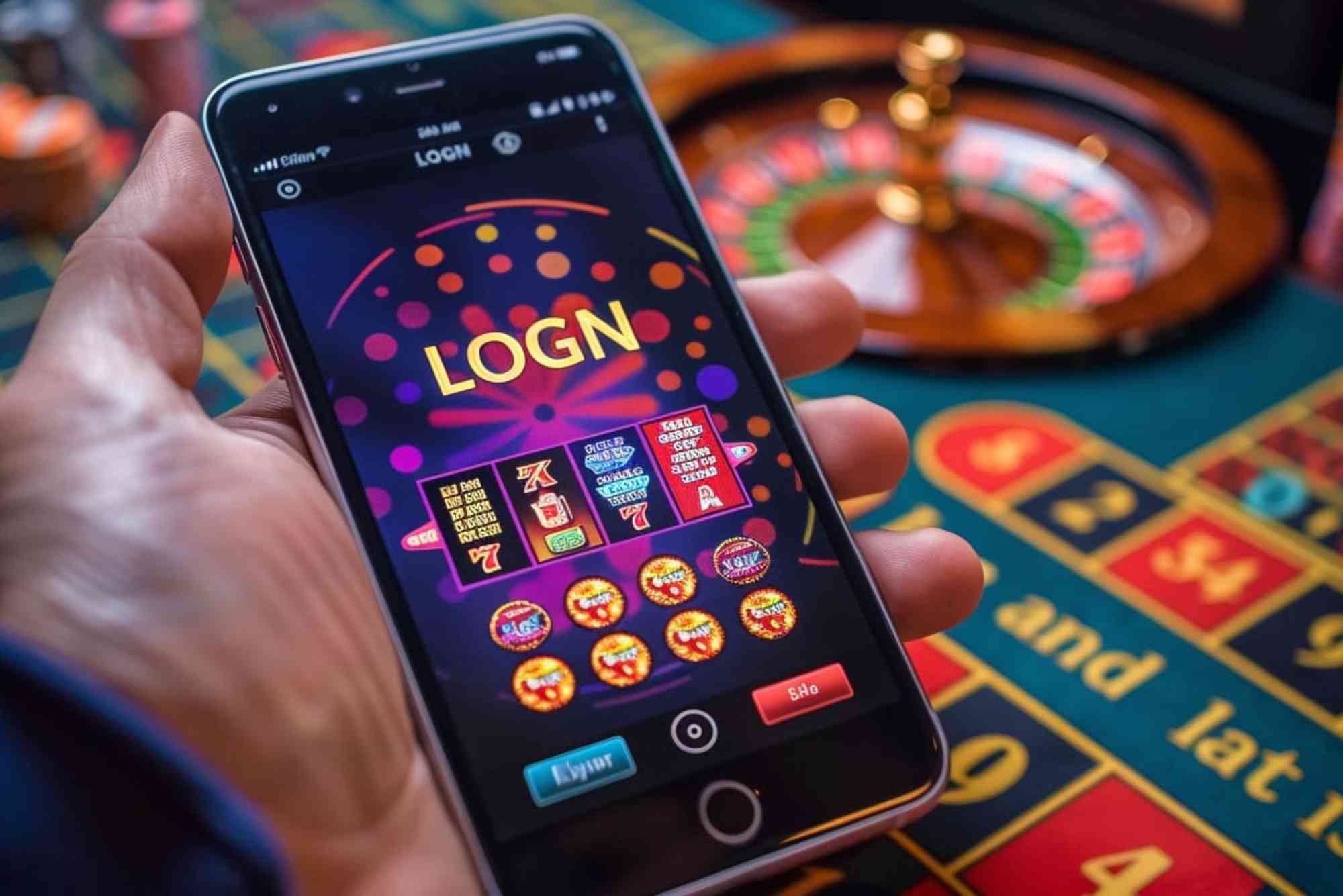If you’ve ever walked into a casino, you’ve likely noticed that players aren’t gambling with cash directly. Instead, they use small, colorful tokens—better known as chips. Whether stacked neatly in front of a blackjack player or exchanged across a roulette table, chips are a universal symbol of gambling. But why do casinos use chips instead of real money? At first glance, it may seem unnecessary, but the reasons are deeply rooted in psychology, efficiency, and even security.
Understanding why chips exist helps explain not only the history of casino culture but also the way modern gambling continues to evolve. Let’s explore the fascinating reasons behind this enduring casino tradition.
The Psychology Behind Casino Chips
One of the main reasons casinos use chips is psychological. When you’re handling cash, every bet feels tangible—you can see and feel exactly how much you’re losing or winning. Chips, however, create a degree of separation between the player and their actual money.
Exchanging cash for chips transforms money into a gaming currency that feels less serious. Betting a £100 note feels much more significant than sliding a single chip across the table, even if the values are identical. This psychological buffer encourages players to gamble more freely, which benefits the casino.
It’s a subtle but powerful trick. Players focus on the game rather than the constant reminder of their financial outlay, and casinos have long understood how effective this can be in keeping people engaged at the tables.
Standardization and Practicality
Beyond psychology, chips also make casino operations much smoother. Handling cash at a busy blackjack table would be messy and time-consuming. Chips, on the other hand, are easy to stack, count, and exchange quickly. Dealers can manage bets far more efficiently, ensuring games flow at a brisk pace.
Standardization also matters. Chips come in consistent sizes and colors, allowing both dealers and players to quickly identify values. This consistency is part of what makes casinos run so smoothly, especially during peak hours when speed and accuracy are crucial.
Even in the digital age, this idea of standardization carries over. Many platforms that replicate real-life gambling environments follow the same principle of tokens or virtual credits instead of using direct cash visuals. It’s the same reason modern new betting sites uk design user-friendly wallets and digital chips to simplify play and enhance the user experience.
The Security Advantage
Security is another major reason chips are favored over cash. If casinos operated entirely in banknotes, they would face constant risks of theft, counterfeit bills, and cash-handling errors. Chips, however, are harder to counterfeit thanks to their unique materials, embedded technology, and serialized designs.
Casinos also maintain strict internal tracking of chips. High-value chips, for instance, often contain RFID tags that allow casinos to monitor their movement in real time. This makes it extremely difficult for counterfeit or stolen chips to go unnoticed.
In addition, keeping cash transactions at the cashier’s desk instead of at the gaming tables creates a more secure and controlled environment, both for players and staff.
Chips as a Cultural Symbol
Over time, casino chips have become more than just practical tools; they’re iconic symbols of gambling itself. Stacks of chips are featured in films, advertisements, and media as shorthand for the excitement of high-stakes play.
For players, chips can even add to the thrill of the experience. Winning a big pot of cash might feel satisfying, but raking in a pile of chips has its own unique allure. There’s something visually dramatic about pushing stacks across the table or hearing them clink together as they’re stacked high.
This cultural significance reinforces the idea that chips are an inseparable part of the casino experience—so much so that even online casinos replicate them in digital form.
Chips and Player Behavior
Interestingly, studies have shown that using chips influences the way players behave. With chips, players are more likely to make larger bets or take risks they might not with cash. The detachment from real money, combined with the tactile and visual appeal of chips, can increase engagement.
Casinos, of course, understand this dynamic and design their environments accordingly. From the color coding of chips to the sound of them being shuffled or stacked, every element contributes to the immersive experience.
The Transition to Digital Gambling
As more players shift online, chips still hold relevance—just in virtual form. Online casinos often use digital chips or credits instead of showing real currency on screen. This design choice not only reflects tradition but also maintains the same psychological and practical benefits found in physical casinos.
For example, virtual poker tables often replicate the look and feel of chips to create familiarity. Even slot games sometimes incorporate tokens or credits to build continuity between digital and live experiences.
In many ways, the use of chips—physical or digital—has become part of the universal language of gambling.
Final Thoughts
Casino chips are much more than colorful tokens. They represent a carefully crafted system that blends psychology, practicality, security, and tradition. By separating players from the reality of cash, simplifying operations, and enhancing security, chips serve multiple purposes that go far beyond simple currency replacement.
They’ve become part of the cultural identity of gambling, and even as the industry continues to shift toward digital platforms, the concept of chips remains central. Whether stacked on a felt table in Las Vegas or represented digitally on a betting app, chips are here to stay.
So the next time you slide a chip across the table—or click a digital equivalent online—you’ll know that it’s not just a token. It’s a cornerstone of the entire casino experience.



